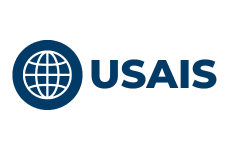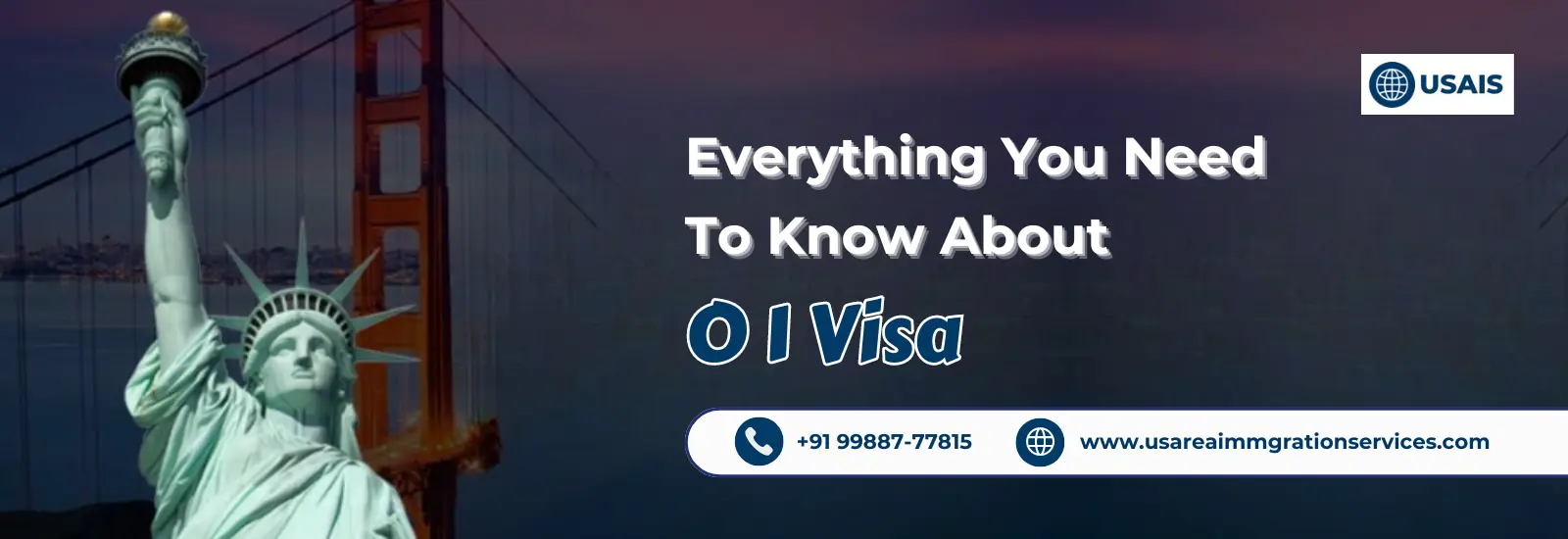Are you a scientist who has won the Nobel Prize and must conduct two years of research in America, or perhaps you’re a well-known director of movies who is shooting in the US? An O1 visa is required in either way. We have provided everything that you require to know about the O1 visa category.
Maybe you are a scientist who has won a Nobel Prize and you have to spend two years conducting research in America. Alternatively, you may be a well-known director of motion pictures and your project requires location filming. Either way, an O1 visa is required.
Everything you need to know about the O1 visa category—which is the best option for highly trained workers—is covered in this blog.
What Is An O1 Visa?
An employment-based nonimmigrant visa category is the O1 visa. Those who meet the requirements for being “extraordinary,” as defined by US Citizenship and Immigration Services (USCIS), are eligible to be in this group.
O1 Classifications Of Visas
Depending on the type of work an applicant performs, USCIS separates O1 visa applicants into two subcategories:
- Those with a track record of exceptional aptitude in the sciences, education, business, or athletics are eligible for O-1A visas.
- Those with exceptional talent in the arts or notable accomplishments in the film or television industries are eligible for O-1B visas.
O-2 or O-3 visas allow O1 visa holders to travel with their immediate relatives and close friends.
O-2 applicants must demonstrate how their presence, skills, and experiences are essential to the O1 visa holder’s job. Families of O-1 or O-2 visa holders are eligible for O-3 visas.
Benefits of an O1 visa
Validity extendable for three years
A person with an O1 visa can stay in the country for up to three years. However, this time frame may be freely extended in increments of one year based on the circumstances of the visa holder.
Adaptable relationship with the green card
Holders of O1 visas are eligible to apply for green cards or permanent residence in the United States.
Regarding other visa categories, applications that indicate the applicant may wish to remain in the United States indefinitely may be rejected by the USCIS. As part of the application procedure, these applicants usually have to demonstrate that they have ties to their native country and a stable place to live. This condition does not apply to the O1 visa.
The privilege of bringing relatives and friends
Support crews are necessary for even elite athletes, directors, and other exceptional professionals. O1 visa holders are permitted to invite guests who will assist them in their work-related travels and events in the United States. Under the O-3 visa, O-1 holders and their support staff with O-2 visas may bring their immediate family to the United States.
The application process is somewhat quicker
Depending on several variables including the USCIS branch where you fill your application, it may take two to six months to apply for an O1 visa. However, for the other visa categories, it may usually take a year.
The high degree of approval
Each year, the USCIS grants between 80 and 95 percent of O1 visa requests; however, the percentage of applications that are approved varies according to the service center handling the application. Think about getting in touch with an immigration consultant if you have any concerns regarding your application.
For Whom Is An O1 Visa Valid?
The ‘extraordinary skills or accomplishments must be possessed by those who qualify for an O1 visa. Their temporary relocation to the United States must be connected to carrying out work in their area of specialization, and their professional abilities and experience must have led to national or international recognition.
People in the arts, film, and television sectors define extraordinary ability differently for O-1B candidates than it does for O-1A applicants. Their remarkable level of skill requires them to be regarded as “renowned, leading, or well-known” in the arts community.
The Requirements And Application Process For O1 Visas
Demand Letter
For non-immigrant workers, the procedure of O1 visa application starts with the completion of Form I-129. Based on the government-established criteria, the employees or the agents of the United States submit this paperwork to the USCIS to justify the visa beneficiary’s eligibility.
Submit this form no later than a year before the start date of the potential visa beneficiary’s employment to guarantee that you get your visa on schedule. Please file the petition at least 45 days before your start date of employment to prevent additional processing delays.
Documentary Proof
The USCIS has specific guidelines about how you must demonstrate your exceptional performance or skill to be granted an O1 visa. Documents demonstrating that you have met at least three of USCIS’s list of evidentiary requirements for your outstanding ability must be submitted by the agent with the petition. Contracts, pay stubs, certifications, membership files, and other documents may be among them.
Consultation with peers
The consultation, which is intended to demonstrate that the community in your field of expertise acknowledges your exceptional skill or success, must be a written advisory opinion from a peer group or an authority in your field.
The consultation needs to come from a management group with experience in your industry as well as an acceptable labor union if the person works in the film or television sector.
If the peer group or organization that wrote your consultation used one or more unique signatures then make sure to send the document with the original watermark. Should you merely submit duplicates of the original file, you can run into issues with the legitimacy of your application, which could cause the application process to drag out.
Contract of employment
Any written agreement between the petitioner and the beneficiary must be submitted in copy. A written summary of the terms of the agreement, correspondence between the contractual parties, or any other proof that an oral agreement was made may be accepted by USCIS in certain situations.
The Takeaway
Superstars in their areas can temporarily work in the US with an O1 visa, allowing them to share their talent. This visa offers a lot of benefits, but there is a catch: there are tight requirements for qualifying.
Contact US Area Immigration Services to obtain additional information about adjusting to life in the United States. There, you can find information on anything from apartment rentals to the best credit cards for noncitizens. You can also reach out to us through email at [email protected].

